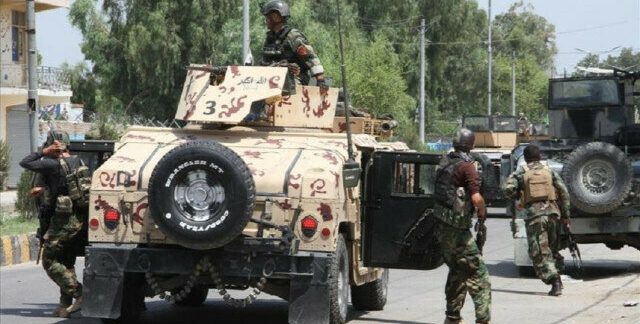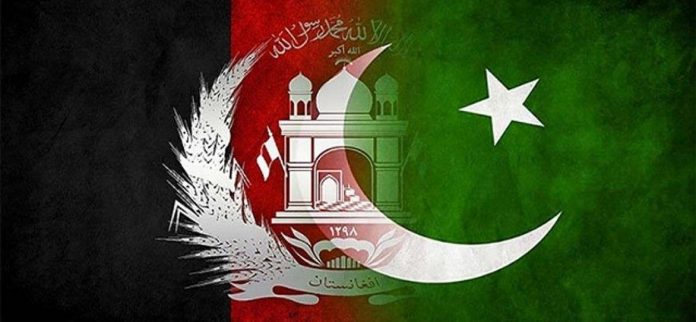- The USA beating a hasty retreat after two decades of forced occupation has yielded little return save for battered reputation in the eyes of the global audience. There is no denying that the Taliban has moved at a lightning speed to usurp the power in Afghanistan by dismantling the local police and security apparatus in a jiffy. Afghan Army trained by the US offered no resistance by the way Taliban made advancements in a matter of weeks is unbelievable. It is beyond doubt that Pakistan was, is, and will be a key player for obvious reasons for being a long-time host and supporting Taliban key figures on its soil. But for Pakistan’s support, the Islamist group would not have survived during its two-decades-long war with the US.

PC: News Service
- Given that the Taliban essentially represents a Pashtun movement, ethnic ties on both sides of the Durand Line serve as the umbilical cord between Pakistan and Afghanistan. Looked from any quarters, Pakistan appears to enjoy advantages but the reality is far from being ideal as Islamabad’s relationship with the Taliban has also been a double-edged sword. Soon after the US military intervention in Afghanistan, Pakistan witnessed scores of Afghan fighters flood across the Durand Line, a situation that eventually leading to the creation of the Tehreek-i-Taliban Pakistan terror group. The said terror group twice captured Pakistan’s Swat district by carrying out multiple attacks across the country amply reveals the Frankensteins monster being unleashed, no less.
- No wonder, to thwart the advancing and larger Talibanis from converging into the country, Pakistan has fenced most of its border with Afghanistan while integrating its erstwhile federally administered tribal areas into the Khyber Pakhtunkhwa province. Even as reports emerging suggests Pakistan backed Taliban leaders in talks with Afghan politicians for the formation of the future government, Pakistan is in no position to financially prop up the new Afghan regime after the exit of the US which kept pumping in billions of dollars all these years. Given Afghanistan’s diverse ethnic matrix, a non-Pashtun insurgency cannot be ruled out should the Taliban seek to return to its old ways of suppressing minorities with brute fundamentalist force.

PC: Islamabad
- What does it entail for the Indian policymakers here? New Delhi has many cards to play with. It is a no-brainer that New Delhi must initiate moves to make deals with the new dispensation in Kabul by offering assistance in infrastructure developments including setting up modern technology-driven knowhow. Historically, India and Afghanistan have enjoyed a more than friendly relationship and there is no reason why the readily available template should not be tapped into yet again for mutual gains. Also, bridging the gap by reaching out to whosoever assumes power in Afghanistan would considerably negate Pakistan’s purported influence in the region. Thus, it makes imminent sense to not overestimate Pakistan’s influence over shaping the future of Afghanistan. India too can play a significant role in shaping the region.






